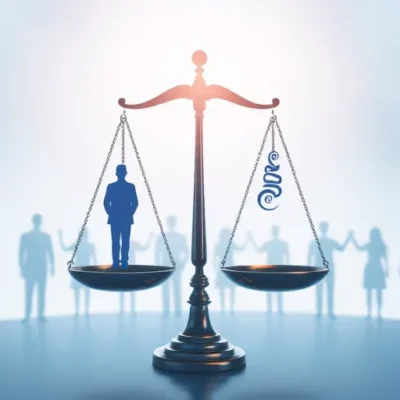Hypnosis, a fascinating realm of the human mind, has long captivated both practitioners and subjects alike. While often associated with entertainment or therapy, the techniques of hypnosis offer a wealth of applications that extend far beyond mere pleasure seeking. As I delved into the world of hypnotic induction, I discovered a set of versatile skills that could be applied to various aspects of life.
The hypnosis workshop I attended recently opened my eyes to the potential of this practice. Led by an experienced hypnotist, the session focused on teaching participants the fundamentals of hypnotic techniques. What struck me most was the emphasis on the ethical use of these skills, highlighting the responsibility that comes with such powerful tools of persuasion.
One of the key takeaways from the workshop was the importance of rapport building in hypnosis. This skill, essential for successful hypnotic induction, has applications far beyond the realm of trance states. In our daily lives, the ability to establish quick and genuine connections with others can be invaluable, whether in personal relationships or professional settings.

The power of suggestion, another cornerstone of hypnosis, is a skill that can be harnessed in numerous ways. From improving self-confidence to enhancing learning capabilities, the art of positive suggestion can be a game-changer in personal development. I found myself contemplating how these techniques could be applied to overcome limiting beliefs or boost motivation in various areas of life.
Perhaps one of the most intriguing aspects of the workshop was the exploration of altered states of consciousness. While often associated with relaxation or meditation, these states can also be channels for increased creativity and problem-solving abilities. The potential for using hypnotic techniques to tap into these altered states for enhanced productivity or artistic expression is truly exciting.
The workshop also touched upon the use of hypnosis in pain management and stress reduction. These applications highlight the therapeutic potential of hypnotic techniques, offering alternatives or complements to traditional medical approaches. The idea of using the mind’s power to influence physical sensations and emotional states is both fascinating and promising.
As I reflected on the workshop, I realized that the skills I had learned were indeed highly versatile. While the pursuit of pleasure through hypnosis is certainly one application, the potential uses of these techniques are far more diverse and profound. From enhancing communication skills to unlocking creative potential, the applications seem limited only by one’s imagination and ethical considerations.
It’s important to note, however, that with great power comes great responsibility. The ethical use of hypnotic techniques cannot be overstated. As practitioners or even casual users of these skills, we must always consider the well-being and autonomy of those we interact with. The potential for misuse is real, and it’s crucial to approach these techniques with respect and integrity.

In conclusion, my journey into the world of hypnosis has been eye-opening. What started as curiosity about a seemingly niche practice has revealed itself to be a gateway to a wide array of life-enhancing skills. The versatility of hypnotic techniques offers opportunities for personal growth, improved relationships, and even professional development. As I continue to explore and apply these skills, I’m excited about the possibilities that lie ahead, always mindful of the ethical considerations that must guide their use.
The workshop has not only taught me valuable techniques but has also sparked a deeper interest in the workings of the human mind. It’s a reminder that our potential for growth and change is vast, and sometimes, the key to unlocking that potential lies in unexpected places – like the fascinating world of hypnosis.



Comments